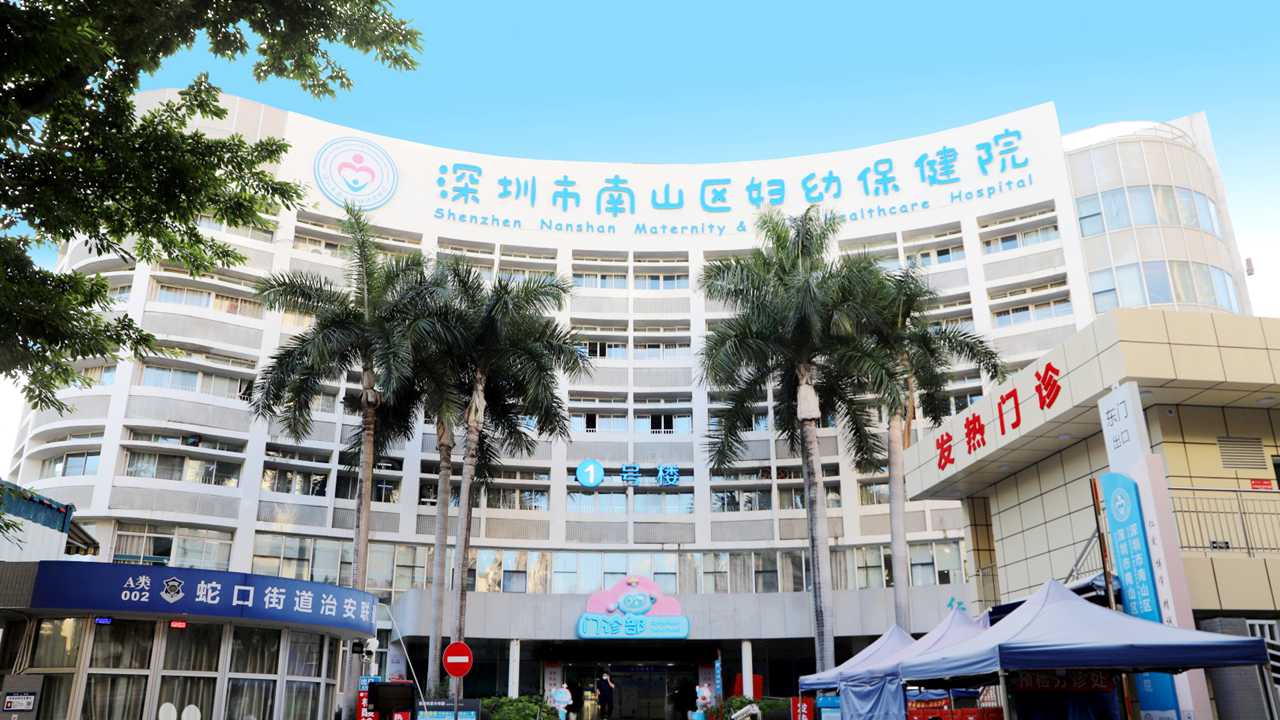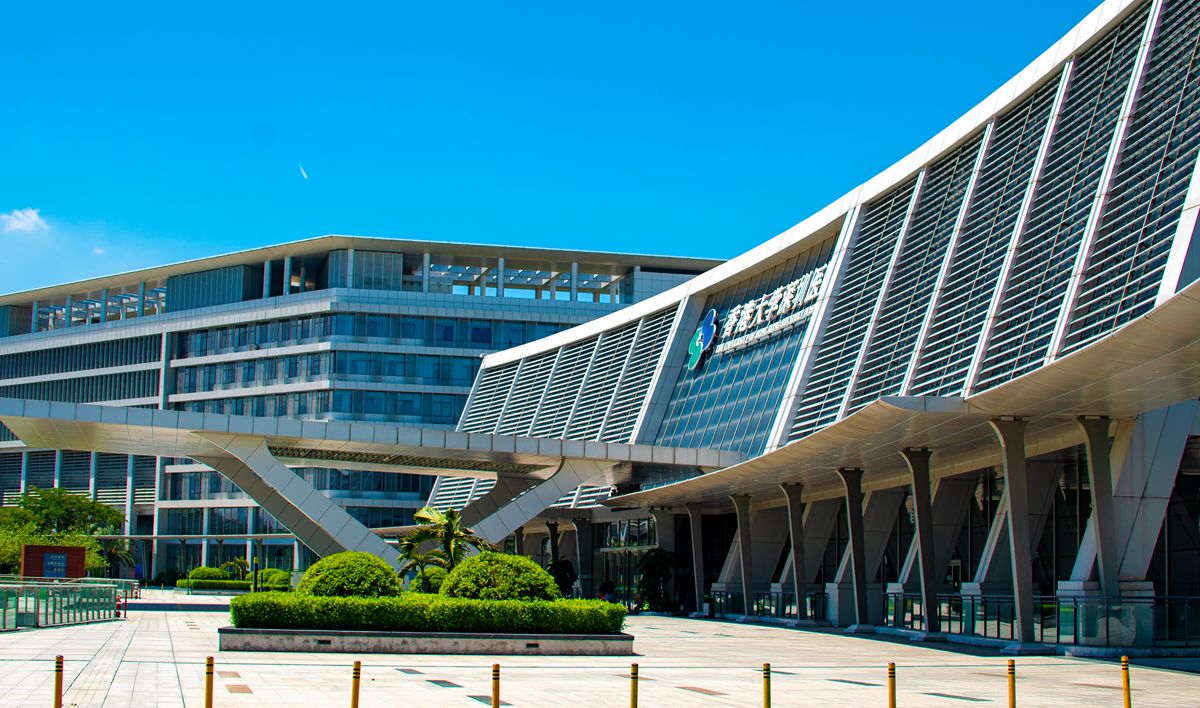My childbirth experience in Shenzhen
Writer: Vanessa Winters | Editor: Liu Minxia | From: | Updated: 2024-03-20
Navigating the health-care system as an expatriate in China can be challenging, especially for those new to the country. Yet, having the right information about hospitals and the necessary requirements for appointments or procedures can be helpful.
My experiences with China's health-care system have been wide-ranging: from my first emergency room visit in Beijing after losing my voice, to giving birth in Shenzhen. I would describe it as an adventure, but one in particular I’d like sharing with everyone is about my son’s birth.
I had my son in 2017 and he was born at the Shenzhen Nanshan Maternity & Child Healthcare Hospital in Shekou, which was conveniently located a short walk from our apartment. Initially, we planned to choose either the University of Hong Kong Shenzhen Hospital or a facility in Hong Kong, but an emergency cesarean section necessitated a rush to the nearest hospital.

The Shenzhen Nanshan Maternity & Child Healthcare Hospital. File photo
Fortunately, we weren't the only foreigners in the hospital. The staff members were quite adept at assisting us. Some nurses and doctors spoke English and most signs had been translated, which greatly eased our navigation. The surgical procedure was performed in a modern and clean operating room by an exceptional medical team.
Right after the birth, as my son was born premature, he was admitted to the neonatal intensive care unit (NICU), and I had to stay for recovery. The care we received during our monthlong hospital stay was remarkable, ensuring both my son and I were well before discharge. Once home, a community health worker made weekly visits for a month.

The University of Hong Kong Shenzhen Hospital. Liu Xudong
The cost aspect often surprises my friends and relatives in the United States. The expenses for my surgery and my son's NICU stay totaled about 21,000 yuan (US$2,917), a notable difference from average U.S. costs even with insurance.
However, my experience is one of many varied ones from expats in the city. I do feel fortunate to have a positive one. For those looking for guidance, here are some tips for navigating the local health-care system:
1. Have all necessary documents — such as your passport and medical records — prepared before any medical appointment.
2. Be patient with queuing and moving between departments for check-ups or tests.
3. If new to the city, consider bringing a Chinese-speaking friend to help with translations. Alternatively, utilize WeChat's translate function or any reliable translation app to convey your needs.
4. Confirm with your international health insurance provider whether local hospital appointments are covered. If not, be prepared for out-of-pocket expenses, though the rates are generally reasonable.
5. For hospitalization, bring personal supplies and food that fit dietary restrictions as per your doctor's advice.
6. For children born in China to foreign parents, obtain the medical birth certificate at the hospital as soon as possible. Then, apply for the child's passport at your home country's consulate or embassy, followed by a Chinese visa or residence permit. Requirements and regulations may shift. When my son was born, this needed to be completed within 60 days.